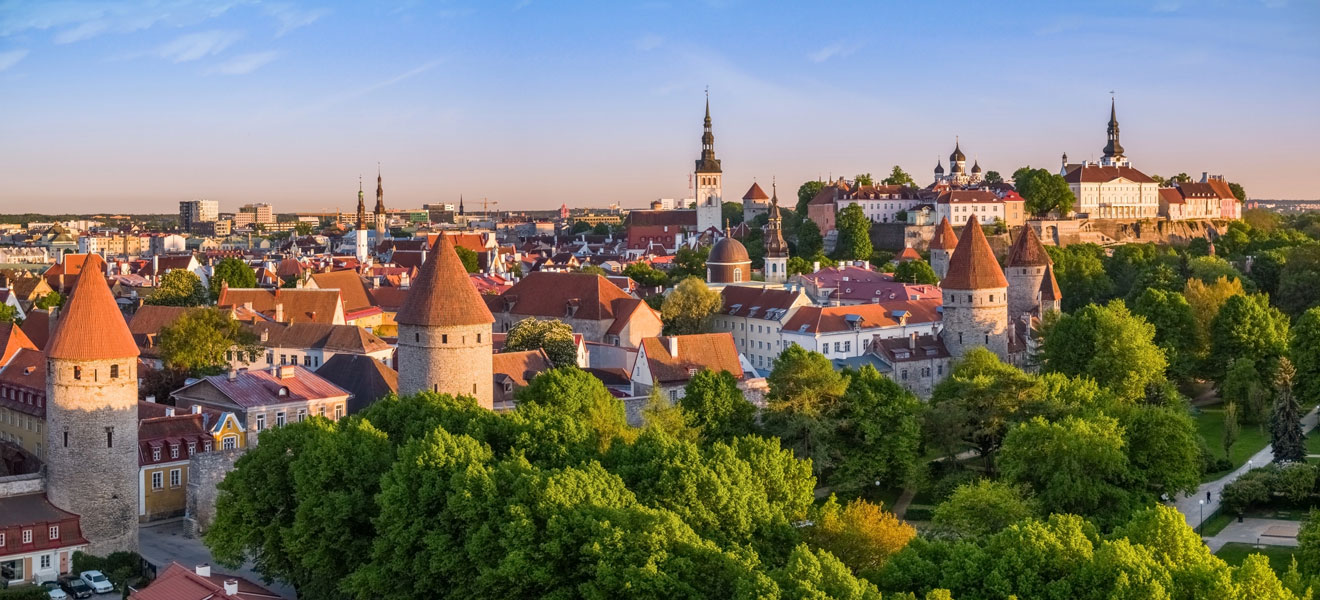The sanctions target prosecutor Lyudmila Balandina and judge Dmitry Gordeyev, both of whom participated in the case against Smorzhevskikh-Smirnova. The two have been banned from entering Estonia.
Foreign Minister Margus Tsahkna stressed that these individuals “were involved in a politically motivated prosecution, violated international law, and sought to undermine Estonia’s sovereignty.”
“When our people are persecuted for daring to stand up to Putin’s dark and brutal regime, there will always be consequences. Balandina and Gordeyev have for years contributed to spreading Russian propaganda and violating human rights,” Estonian Foreign Minister Margus Tsahkna emphasized.
Moscow court sentences museum director for "rehabilitation of Nazism"
In late September, the Moscow City Court sentenced Smorzhevskikh-Smirnova in absentia to 10 years in prison. Prosecutor Balandina had demanded an even harsher sentence — 12 years in a penal colony.
According to Russian investigators, between 2023 and 2025, the museum director “helped display posters on the walls of Narva Castle depicting the Russian president and containing false information about war crimes.”
In 2023 and 2024, the posters showed Putin’s bloodied face with the inscription “Putin — war criminal.” In 2025, the image of Putin was merged with that of Hitler.
The installation that became a symbol of defiance
Smorzhevskikh-Smirnova said it was not a provocation but a joint installation with the organization Propastop, meant to “remind people of the war Russia started — and that everything comes at a price.”
The wall of Narva Castle, where the banners were displayed, is clearly visible from Ivangorod, a Russian town on the opposite bank of the Narva River. On 9 May, during Russia’s Victory Day celebrations, television screens in Ivangorod broadcast Moscow’s military parade, directly facing Estonia.
Estonia and the Baltic countries were part of the Russian Empire for 200 years before gaining independence in 1918. After World War II, they were occupied by the Soviet Union. Like Latvia and Lithuania, Estonia restored its independence after the USSR’s collapse in 1991. All three countries joined the EU and NATO in 2004.




